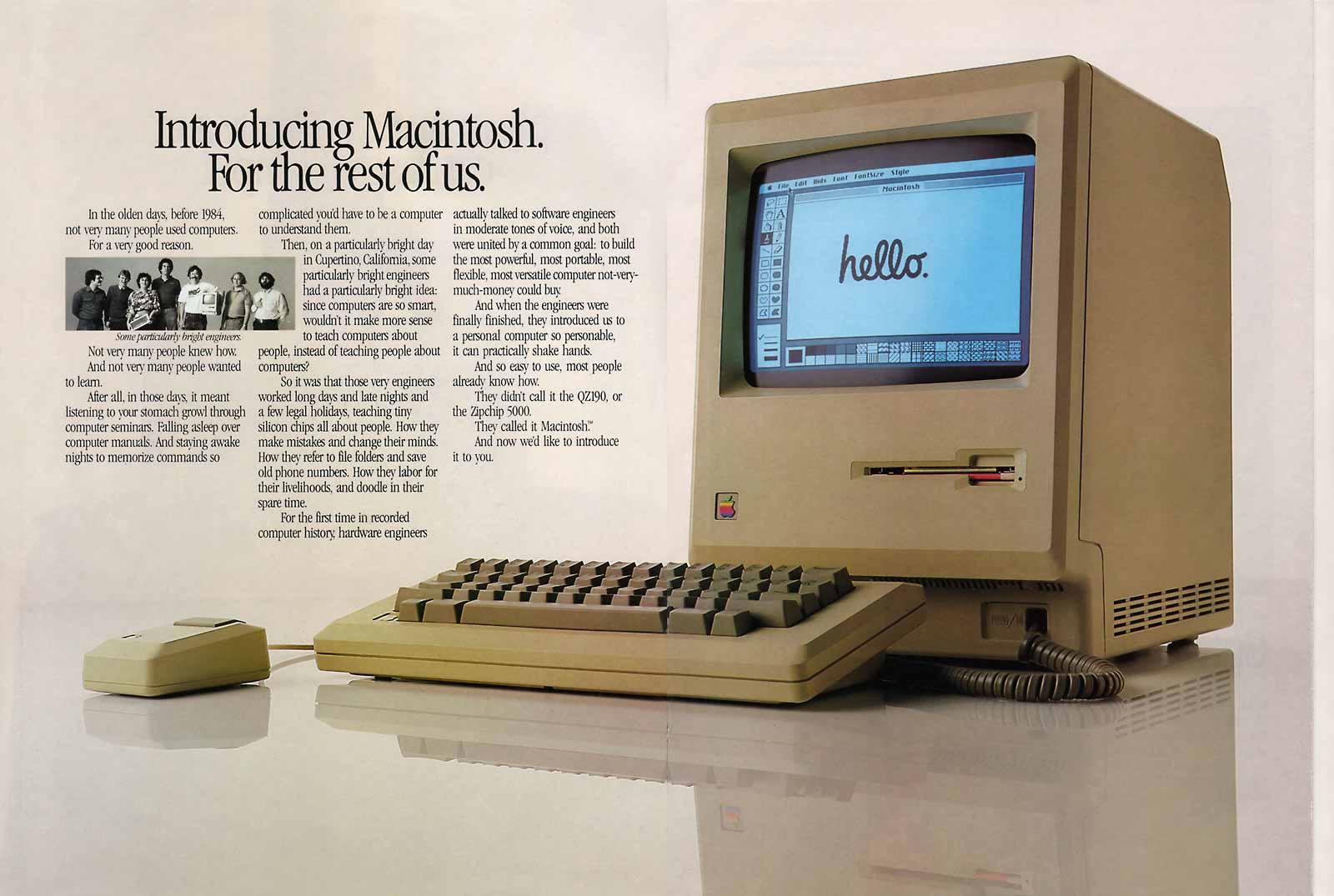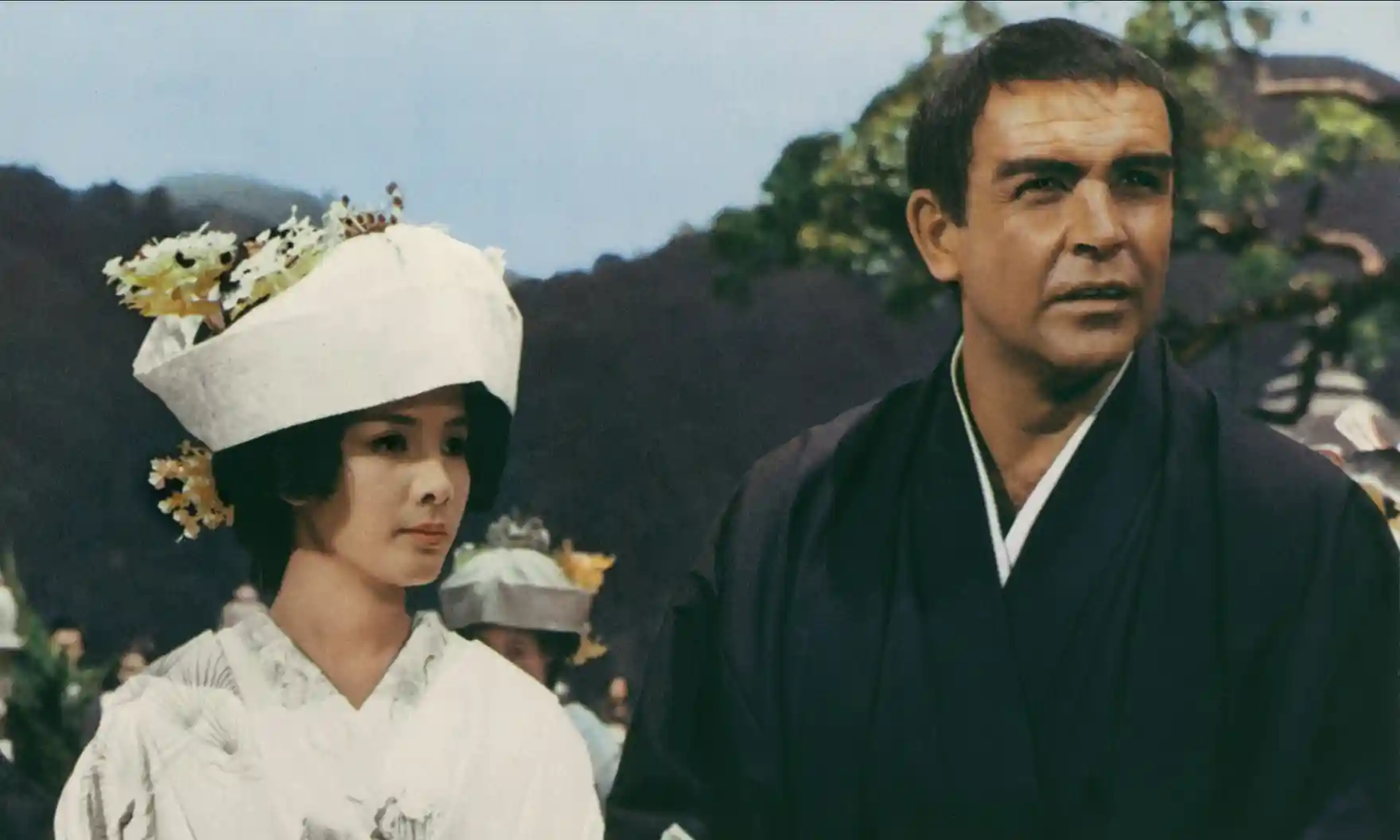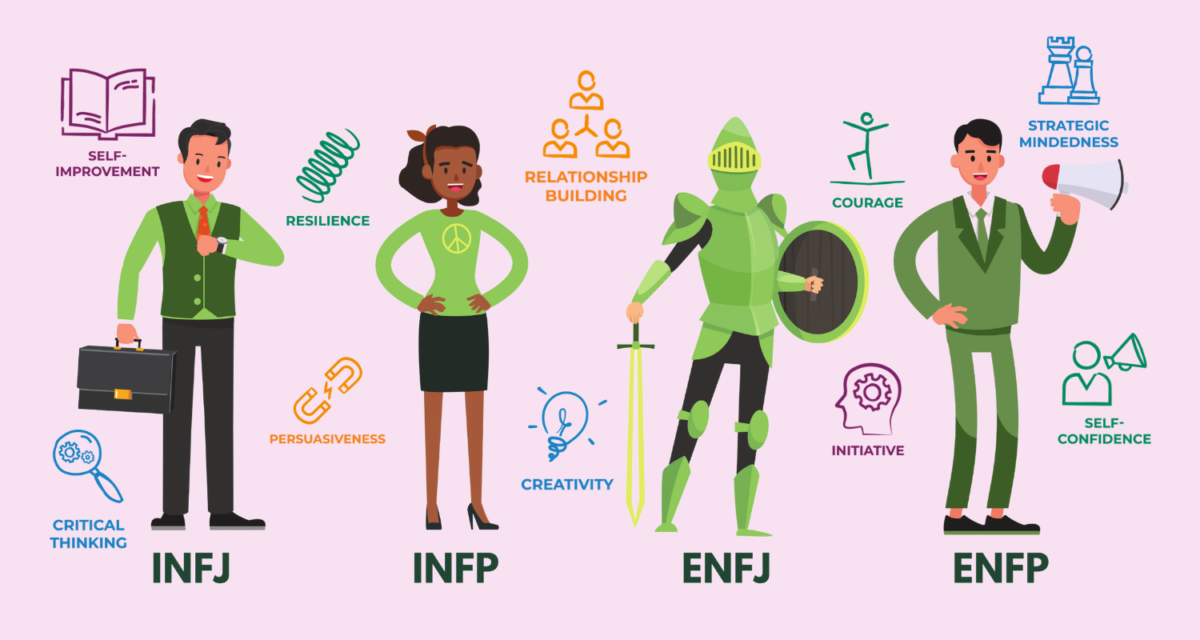
Written May 2023
On January 9, 2007, in a highly anticipated speech at MacWorld, Steve Jobs unveiled his newest product: “iPhone is a revolutionary and magical product that is literally five years ahead of any other mobile phone,” said Jobs. Apple under Steve Jobs changed the world, first during the personal computer revolution and again with the iPhone. However, fast forward to today and Apple’s original vision of innovation and consumer satisfaction is nowhere to be seen. Apple under Tim Cook is nothing more than a money-grubbing shell of its former self, and no sane individual should purchase their products.






